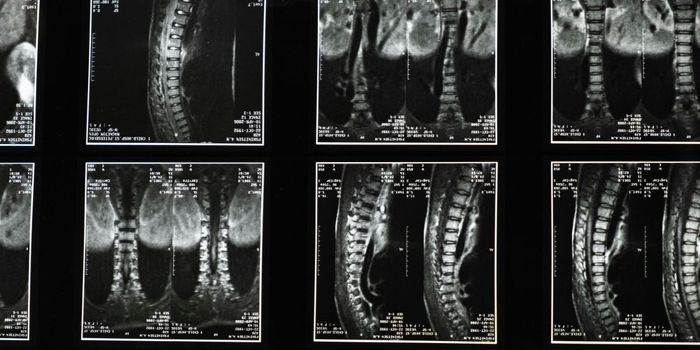Caffeine Users are More Sensitive to the Smell of Coffee
Are you a coffee addict? Your sense of smell may be fine-tuned to the caffeinated beverage’s aroma. New research has provided new evidence that frequent coffee drinkers are more sensitive to the smell of coffee.
Dr. Lorenzo Stafford, an olfactory expert in the Department of Psychology at the University of Portsmouth, led this study and in a statement from the university he stated that “we found that the higher the caffeine use, the quick a person recognized the odor of coffee.”
The study also discovered that regular caffeine users could detect the odor of a heavily diluted coffee chemical at lower concentrations. The ability to detect the low concentration of this diluted coffee chemical also increased with the level of craving. Simply stated, the more that study participants craved coffee, their ability to smell it became better.
The research team used two experiments to determine if there were differences in the ability of people to smell and respond to the odor of coffee, depending on how much they consumed. In the first experiment, 62 men and women were divided into three groups: those who did not drink any caffeine, those who consumed moderate amounts daily (the equivalent of 1-3.5 cups of instant coffee), and those who consumed a high amount daily (the equivalent of more than 4 cups of instant coffee). They were blindfolded and asked to test their sensitivity to coffee smell by attempting to detect small amounts of the odor. Then, they were asked to identify the scent of coffee as quickly as they could. Those who consumed the most coffee could detect the smell at smaller concentrations and define it more quickly. In this experiment, they also filled out a caffeine-craving questionnaire.
In the second experiment, 32 new participants were divided into two groups: those who drink coffee and those who do not. They performed the same odor detection test, with a non-food odor as a control. The results showed that the coffee consumers were more sensitive to the coffee odor and had similar sensitivities to the non-food odor. Also, the craving was more significant for the coffee drinkers who were exposed to the odor.
The basis of their research, according to Dr. Stafford, lies in the knowledge that drug cues can trigger craving in users. He stated that “caffeine is the most widely consumed psychoactive drug, and these findings suggest that changes in the ability to detect smells could be a useful index of drug dependency.” This research may be helpful to create new types of aversion therapy for addictive substances with a distinct smell, such as tobacco.
Sources: University of Portsmouth News, PsychNet









